A garden was the primitive prison, till man with Promethean felicity and boldness, luckily sinned himself out of it
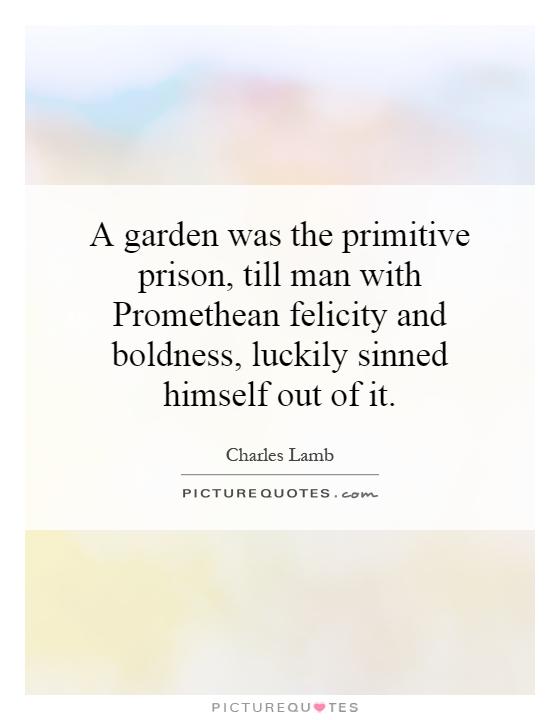
A garden was the primitive prison, till man with Promethean felicity and boldness, luckily sinned himself out of it
Charles Lamb, a renowned English essayist and poet, often explored themes of nature, humanity, and the complexities of the human experience in his works. In the context of the quote “A garden was the primitive prison, till man with Promethean felicity and boldness, luckily sinned himself out of it,” Lamb’s perspective on the relationship between man and nature can be examined.The quote suggests that the garden, traditionally seen as a place of beauty and tranquility, was actually a prison for man in its perfection and order. In the Garden of Eden, Adam and Eve were confined to a state of innocence and ignorance, unable to fully experience the complexities and challenges of the world outside. However, it was through their act of disobedience, their “sin,” that they were able to break free from this confinement and embrace the full range of human experience.
Lamb’s use of the term “Promethean felicity and boldness” suggests that it was through a daring and audacious act that man was able to liberate himself from the constraints of the garden. Like the mythological figure Prometheus, who defied the gods to bring fire to humanity, man’s act of disobedience allowed him to access knowledge and freedom that had previously been denied to him.
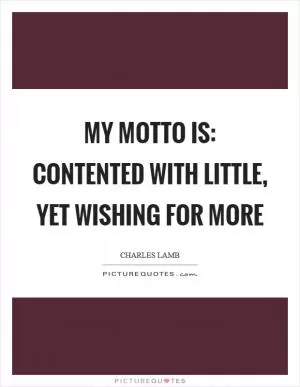
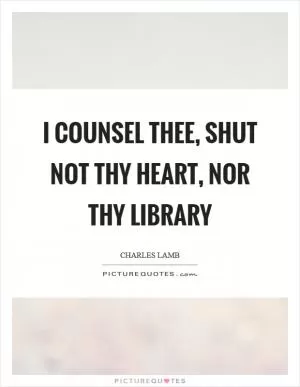
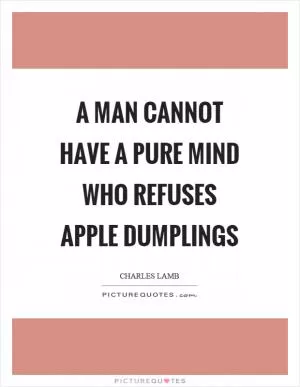

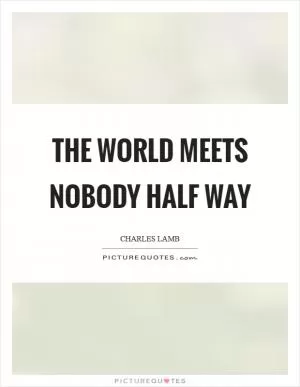

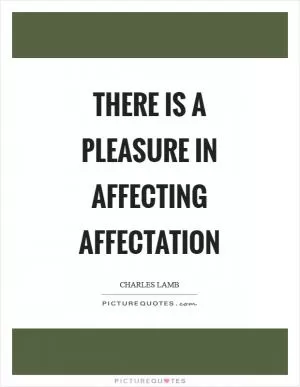
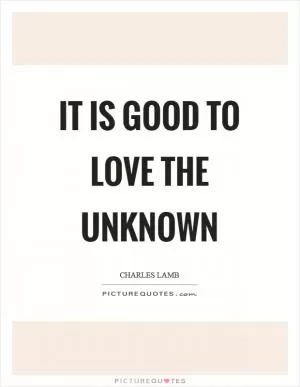
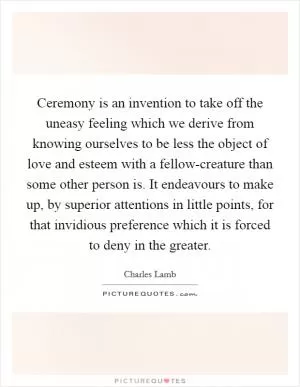
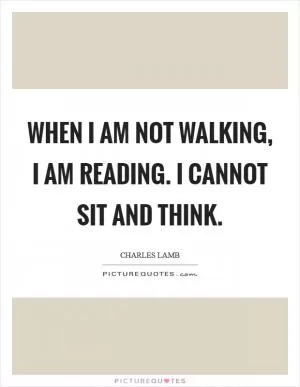
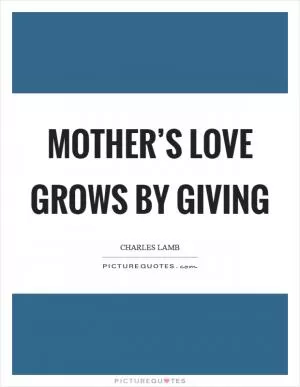

 Friendship Quotes
Friendship Quotes Love Quotes
Love Quotes Life Quotes
Life Quotes Funny Quotes
Funny Quotes Motivational Quotes
Motivational Quotes Inspirational Quotes
Inspirational Quotes